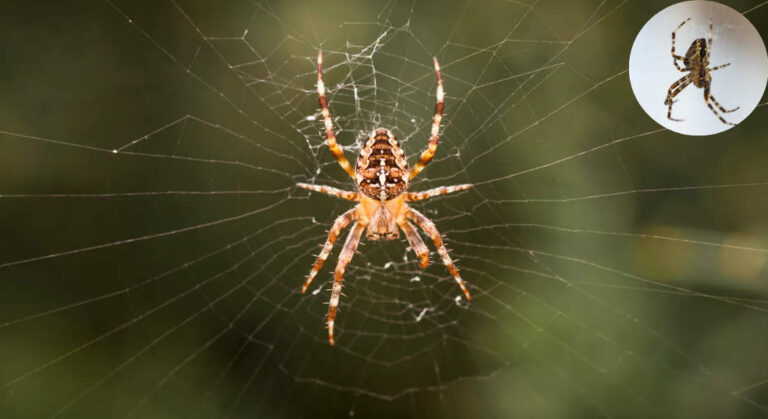House spiders are fascinating creatures that often go unnoticed in the corners of our homes. Yet, these little arachnids play an essential role in maintaining a balanced indoor ecosystem. A common curiosity among homeowners is “how long do spiders live in your house?” The answer might surprise you. Spiders have remarkably diverse lifespans, shaped by their species, environment, and other factors.
Common Misconceptions About House Spiders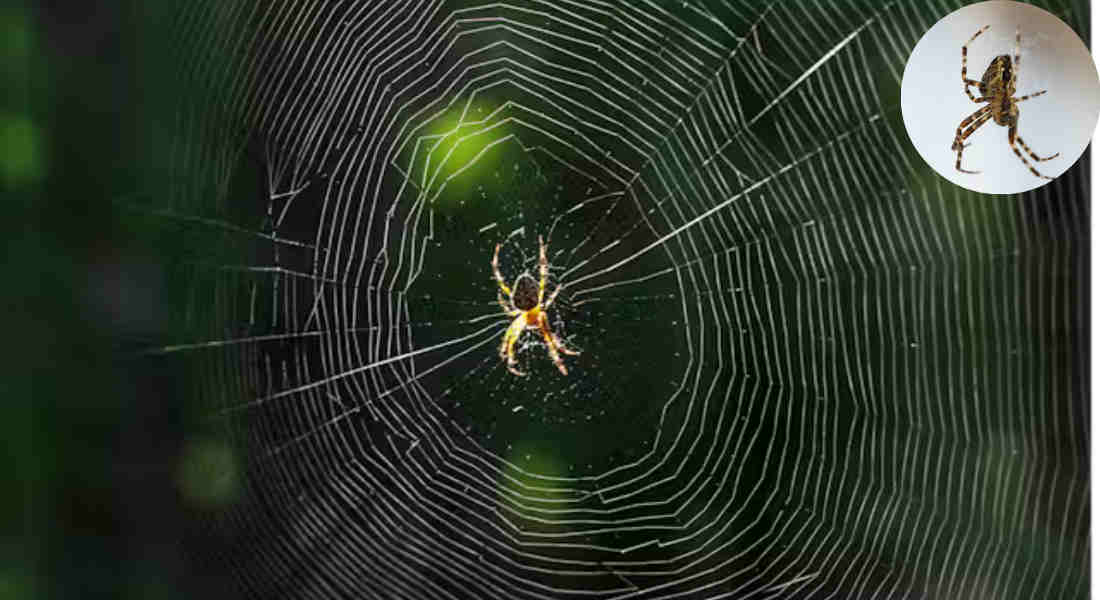
When you spot a spider in your home, you might assume it’s a temporary visitor with a fleeting lifespan. Many people believe spiders live for only a few weeks or months. However, this couldn’t be further from the truth. Some house spiders can live for several years, thriving quietly in the nooks and crannies of your home.
Why Understanding Spider Lifespan Matters
Knowing how long spiders live in your house can help you better understand their role in your home’s ecosystem. Spiders are natural pest controllers, feeding on insects that might otherwise infest your home. However, understanding their lifespan also helps you make informed decisions about managing spider populations, especially if they become unwelcome guests.
In this blog post, we’ll discuss:
- The general lifespan of house spiders
- The fascinating stages of their life cycle
- Factors that influence their longevity
- Surprising facts about long-living spider species
- Practical tips for managing spiders in your home
Let’s get started by answering the burning question: How long do spiders live in your house?
Understanding the Question: How Long Do Spiders Live in Your House?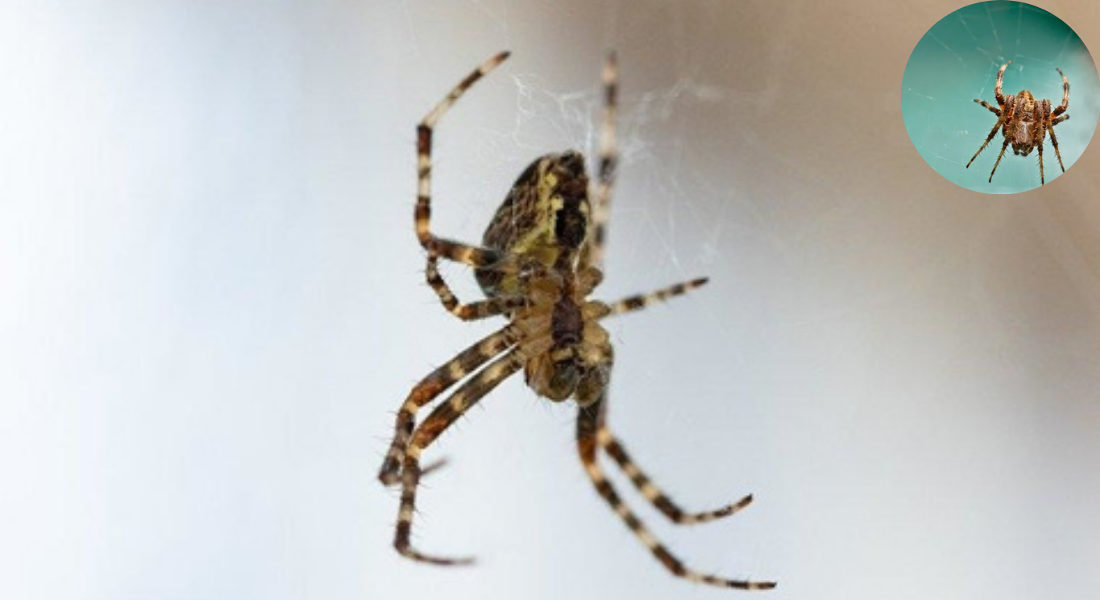
General Lifespan of House Spiders
The lifespan of house spiders varies widely, but most live 1-2 years on average. However, some species can live longer under favorable conditions, with a few surviving up to 7 years. For instance, the common house spider (Parasteatoda tepidariorum) typically lives for about a year, while cellar spiders (Pholcidae) can live up to 2 years.
You may also read (why are earwigs invading my home).
Variability in Lifespan
Not all spiders follow the same timeline. Their lifespan depends heavily on their species and environment. For example:
- Wild spiders often face harsh conditions, limiting their lifespan to just a few months.
- Captive spiders, on the other hand, may live significantly longer because they are safe from predators and environmental threats.
Comparison With Other Spider Species
To put things into perspective, here’s how house spiders compare to other spider species:
Spider SpeciesLifespanEnvironment
House Spider 1-2 years Indoors
Cellar Spider 1-2 years Indoors
Wolf Spider 1 year (wild), 2-3 years (captivity) Indoor/Outdoor
Tarantulas 10- 20+ years Captivity/Outdoors
Trapdoor Spider Up to 43 years Outdoors
As you can see, house spiders fall on the shorter end of the spectrum compared to larger species like tarantulas or trapdoor spiders.
The Spider Life Cycle: From Egg to Adult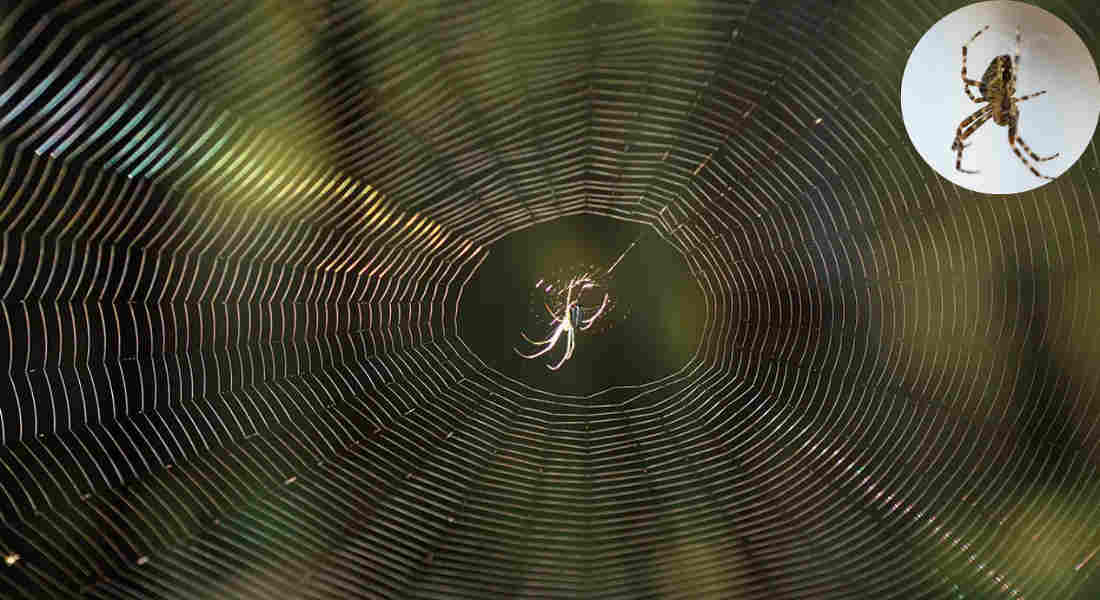
To understand why spiders live as long as they do, it’s essential to explore their life cycle. Like all arachnids, spiders go through distinct developmental stages: egg, spiderling, and adult.
Egg Stage
The spider’s life begins inside an egg sac, which is carefully spun by the female spider. Depending on the species, a single sac can hold anywhere from 10 to 1,000 eggs.
- Some female spiders fiercely protect their egg sacs, while others abandon them after laying.
- The eggs typically hatch within 2-3 weeks, releasing a swarm of tiny spiderlings.
Spiderling Stage
Once the eggs hatch, spiderlings emerge. These miniature spiders are often pale and fragile, resembling smaller versions of adults. During this stage:
You may also read (street sign from my-house).
- Spiderlings undergo molting, a process where they shed their exoskeleton to grow.
- Dispersal occurs as spiderlings leave the egg sac to find their own space. Some walk to new locations, while others use ballooning (floating on silk strands carried by the wind).
Adult Stage
After several molts, the spider reaches adulthood. At this point, they are fully developed and ready to reproduce.
- Male spiders take on the risky task of finding a mate. Many do not survive long after mating, as they are often killed by predators or even the female spider.
- Female spiders typically live longer, as they focus on reproduction and egg care.
The length of each stage varies by species, but the adult stage is when spiders spend most of their lives.
Average Lifespan of Common House Spiders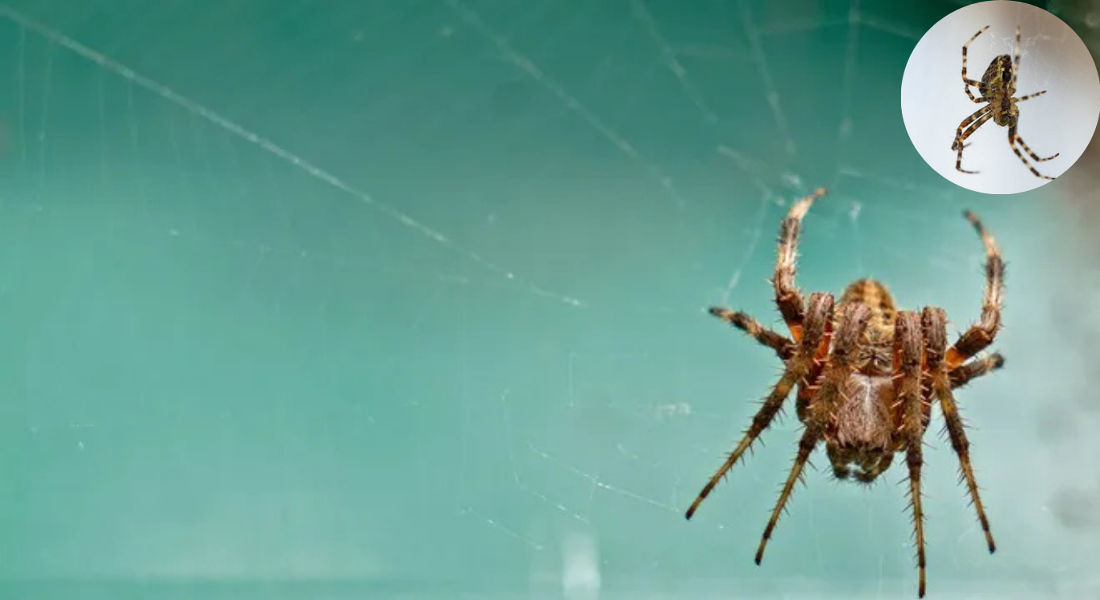
Let’s examine the lifespans of some of the most common house spiders:
Common House Spider (Parasteatoda tepidariorum)
- Lifespan: ~1 year
- These small, web-building spiders are often found in corners and ceilings.
Cellar Spider (Pholcidae)
- Lifespan: 1-2 years
- Known for their long legs and delicate webs, these spiders are commonly found in basements.
Wolf Spider (Lycosidae)
- Lifespan: 1 year in the wild, 2-3 years in captivity
- Unlike web-builders, wolf spiders are active hunters.
Sac Spider (Clubionidae)
- Lifespan: 1-2 years
- These spiders are known for their small, sac-like webs.
Notable Exceptions
Some spiders defy the norm with exceptionally long lifespans:
- Black widow spiders can live up to 3 years.
- Brown recluse spiders may live 2-4 years.
- Larger species like tarantulas can live for decades.
Factors Influencing How Long Spiders Live in Your House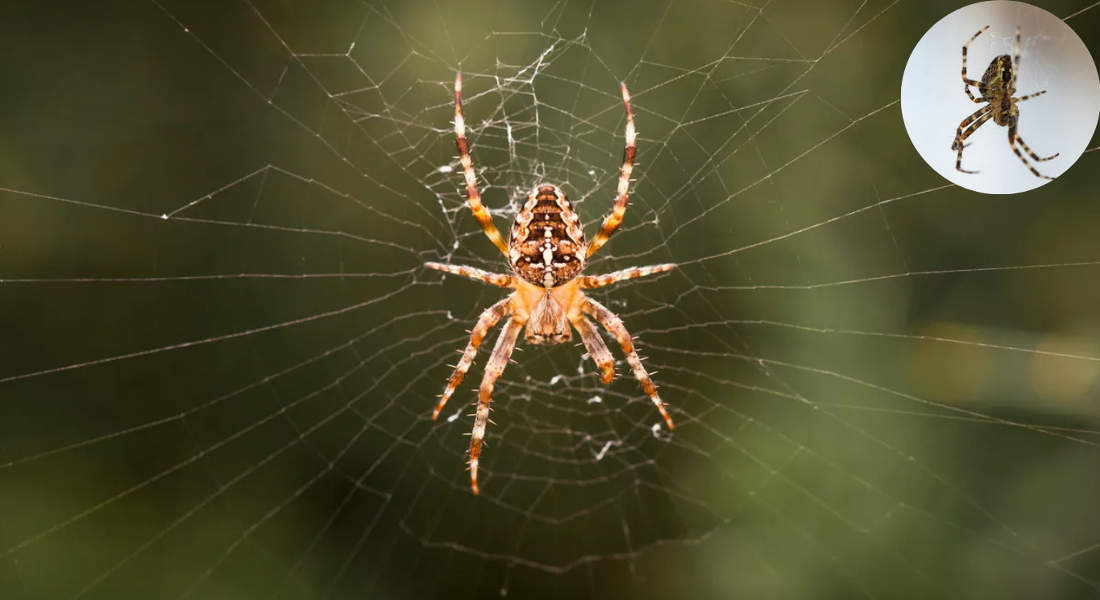
Several factors determine how long spiders survive in your home:
Environmental Conditions
- Temperature and humidity: Spiders thrive in stable indoor conditions. Extreme heat or cold can shorten their lifespan.
- Shelter availability: Hidden corners and undisturbed areas provide safe spaces for spiders.
Food Availability
Spiders rely on insects and small pests for food. The more prey available, the longer they can survive.
Predators and Threats
Inside the home, spiders face dangers like:
- Humans: Cleaning and pest control measures often reduce spider populations.
- Pets: Cats and dogs may see spiders as playthings or threats.
Gender Differences
Female spiders often outlive males due to their reproductive roles. Males frequently die after mating, whereas females focus on egg-laying.
Surprising Facts About Spider Longevity
Here are some fascinating facts about spider survival:
- Trapdoor spiders hold the record for longevity, with some living up to 43 years.
- Spiders can survive for weeks without food but require water to stay alive.
- Solitary spiders tend to live longer than social species due to reduced competition.
Why Knowing Spider Lifespan Matters for Your Home
Understanding house spiders can help you coexist with them more effectively:
- Natural pest control: Spiders reduce populations of flies, mosquitoes, and other pests.
- Humane management: Relocate spiders rather than kill them when possible.
- Seeking pest control: If spiders overpopulate, professional pest control can help maintain balance.
You may also read (house painter make an hourly rate).

